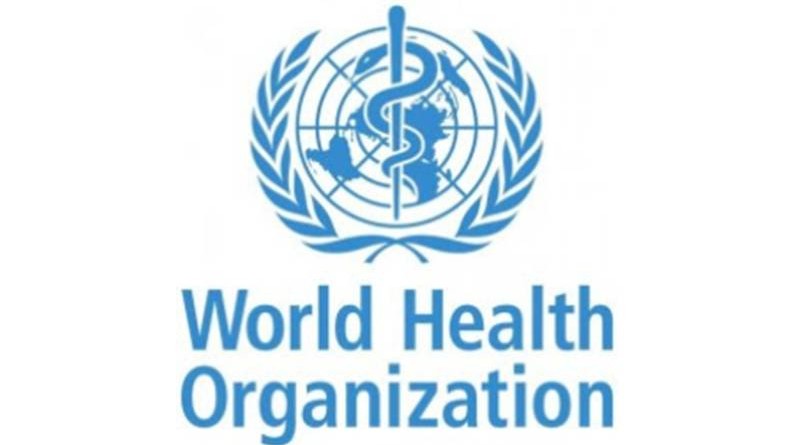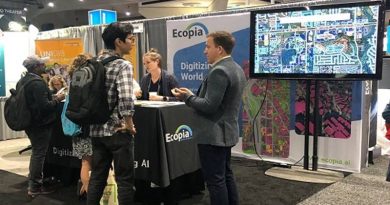WHO Director-General’s remarks at the Inauguration of the WHO Hub for Pandemic and Epidemic Intelligence
Good afternoon everyone, and thank you for joining us today.
I’d like to start with a brief update on the global situation.
Last week, the number of COVID-19 cases and deaths reported to WHO declined for the first time in more than two months.
This is obviously very welcome, but it doesn’t mean much.
Around the world, many countries are still seeing steep increases in cases and deaths.
And around the world, we still see shocking inequities in access to vaccines.
More than 5 billion vaccines have now been administered globally, and almost 75% of them have been in just 10 countries.
In low-income countries, most of which are in Africa, less than 2% of adults are fully vaccinated, compared with almost 50% in high‑income countries.
Some countries are now rolling out booster doses to fully-vaccinated people, when millions of people around the world have not even received their first dose.
That’s why I have called for a moratorium on boosters, at least until the end of this month, to allow those countries that are furthest behind to catch up.
Third doses may be necessary for the most at-risk populations, where there is evidence of waning immunity against severe disease and death – such as the very small group of immunocompromised people who did not respond sufficiently to their initial doses, or are no longer producing antibodies.
But for now, we do not want to see widespread use of boosters for healthy people who are fully vaccinated.
Last week, I issued a statement with the heads of the International Monetary Fund, the World Bank Group and the World Trade Organization, calling for four things:
First, we call on countries that have contracted high volumes of vaccines to swap near-term delivery schedules with COVAX and the African Vaccine Acquisition Trust, or AVAT.
Second, we call on vaccine manufacturers to immediately prioritize and fulfil their contracts to COVAX and AVAT, and to provide regular, clear supply forecasts.
Third, we urge the G7 and all dose-sharing countries to fulfil their pledges urgently, as barely 10% of nearly 900 million committed doses have so far been shipped.
And fourth, we call on all countries to eliminate export restrictions and any other trade barriers on COVID-19 vaccines and the inputs involved in their production.
Even as we respond to the pandemic, we must learn the lessons it is teaching us.
One of the most clear is the need for new, powerful systems and tools for global surveillance, to collect, analyse and disseminate data on outbreaks with the potential to become epidemics and pandemics.
Viruses move fast, but data can move even faster.
With the right information, countries and communities can stay ahead of emerging risks, and save lives.
Urbanization, deforestation, climate change and intensified agricultural practices are all increasing the risks of zooneses spilling over into human populations.
At the same time, new technologies are giving us the ability to predict, prevent, detect and respond to outbreaks faster than ever before.
Harnessing the power of these new technologies to save lives is not just an opportunity, it’s an obligation.
That is what the WHO Hub for Pandemic and Epidemic Intelligence is all about: leveraging innovations in data science, harnessing the power of artificial intelligence, quantum computing and other cutting-edge technologies, and fostering greater sharing of data and information, between communities and countries.
No single institution or nation can do this alone. That’s why we have coined the term “collaborative intelligence” to sum up our collective mission.
This Hub will bring together scientists, innovators, policy makers, and civil society representatives from around the world to work across borders and disciplines.
Of course, the ultimate goal is not just to develop new toys. It’s to save lives.
Our aim is to put the knowledge and insights that are developed here in Berlin to practical use on the ground all over the world.
As you know, there have been several reviews of the global response to the pandemic, with recommendations for countries and for WHO about what we can do to keep the world safer in future.
This hub is one response to those recommendations, filling a gap in the world’s defences and answering the question that Chancellor Merkel asked in 2015: how can we react faster, and avoid the needless suffering and death of the COVID-19 pandemic in future.
For WHO, this is part of our commitment to keeping the world safer, to being the organization the world needs, and to giving countries the information and tools they need to protect their people.
To lead the hub, I have appointed Dr Chikwe Ihekweazu, who is currently the Director-General of Nigeria’s Center for Disease Control. He brings a wealth of experience, and will serve a dual role as head of the WHO Hub here in Berlin, and as Assistant Director-General for Health Emergency Intelligence in Geneva.
Berlin is the perfect place to host the WHO Hub, as a vibrant, dynamic, creative and modern city that is the ideal incubator for what we want to achieve.
My thanks once again to Governing Mayor Müller and the people of Berlin for hosting the WHO Hub, and to the Federal Government for its generous financial support.
Today I also had the great honour of presenting Chancellor Merkel with the WHO Global Leadership Award, in recognition of her outstanding contribution to global health over many years.
Health has been a central theme of the Chancellor’s leadership throughout her tenure, from the G8 Summit in 2007, to her address to the World Health Assembly in 2015, to the G20 Summit in Hamburg in 2017, and to Germany’s leadership during the COVID-19 pandemic.
They say that in a crisis, you really find out who your friends are, and in the past year, WHO has had no better friend than Germany.
When the COVID-19 pandemic struck, the German government moved quickly to expand its financial support for WHO, becoming our biggest donor, and was one of the first supporters of the Access to COVID-19 Tools Accelerator.
I would like to use this opportunity to thank His Excellency Minister Jens Spahn.
In October last year, I was honoured to speak to Chancellor Merkel, which is when we first discussed the idea for a new centre that would serve as a global platform to enhance global capacity for pandemic and epidemic intelligence.
So it’s a very proud moment for me today to open the WHO Hub for Pandemic and Epidemic Intelligence with Chancellor Merkel. But as I said in my remarks earlier, her legacy will be so much more than her name on a plaque on a wall in Berlin, it will be a legacy etched in the lives of people all over the world for years to come, who live healthier, safer lives because of her work.
I thank you.
SOURCE World Health Organization (WHO)




